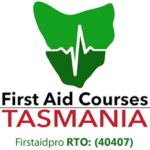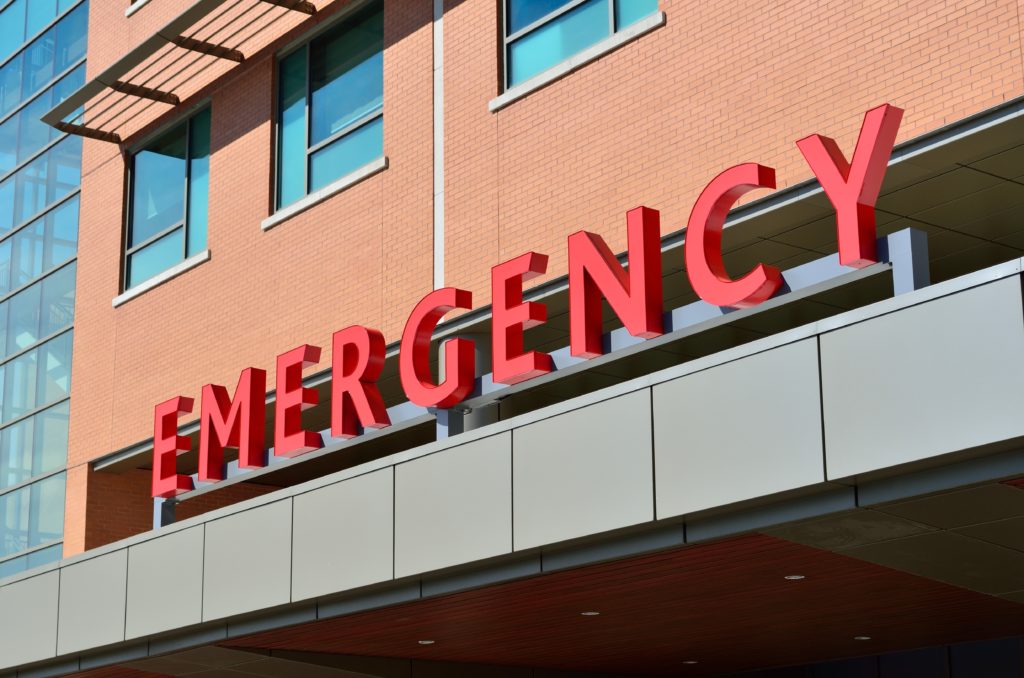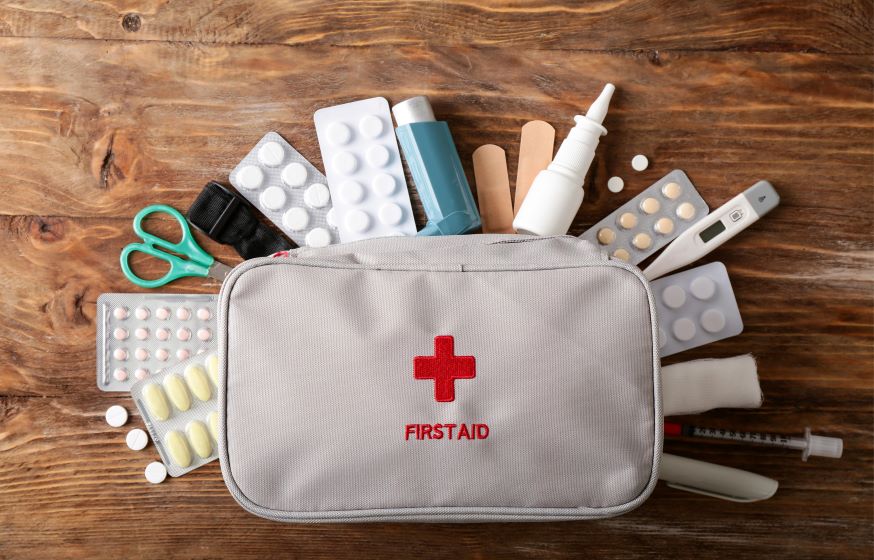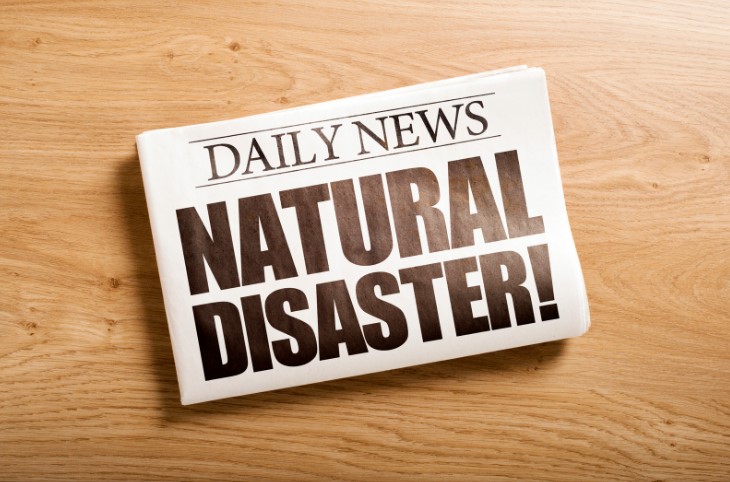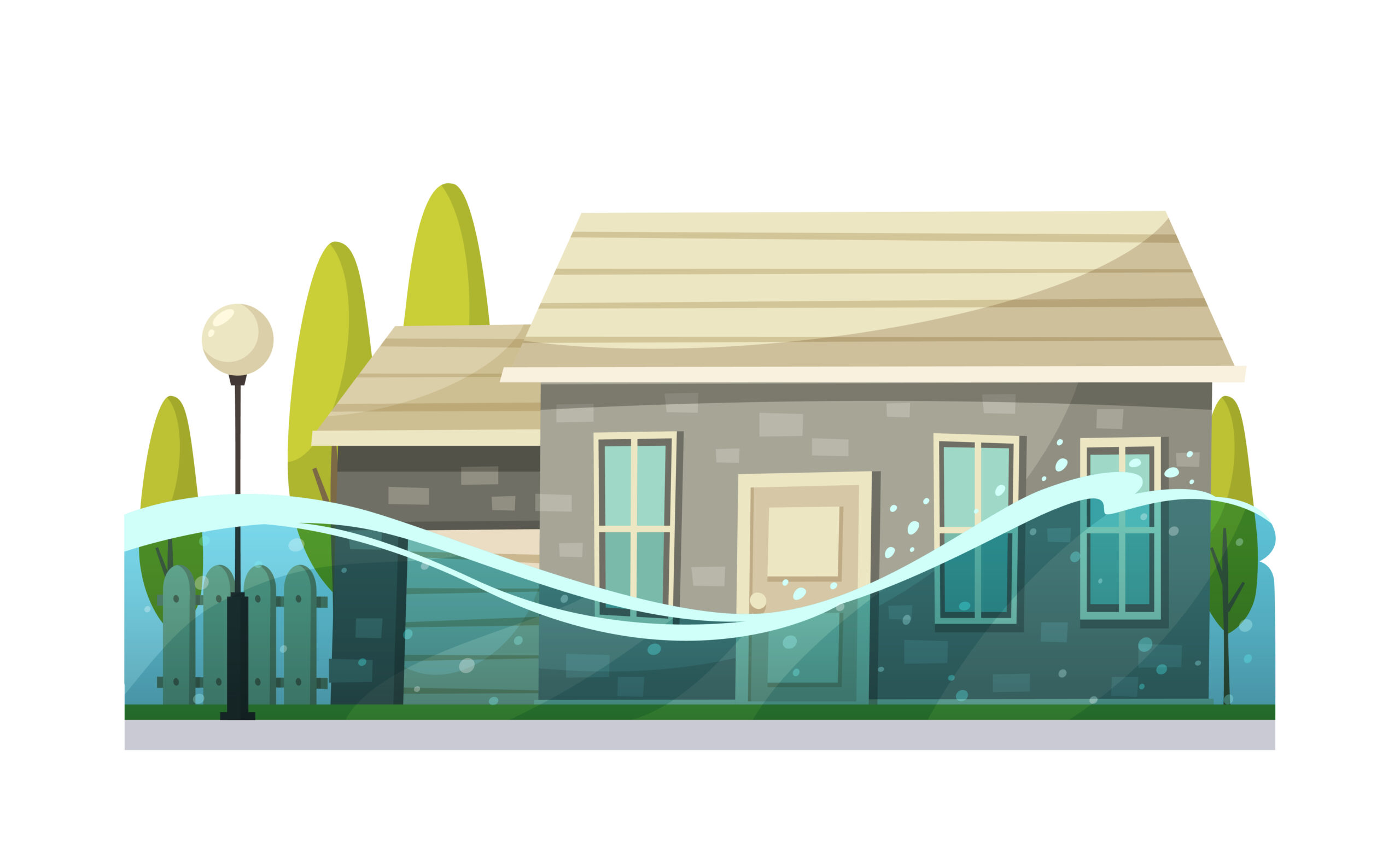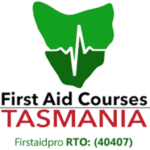No one ever plans on getting sick or injured. It is why many people fail to prepare for what to do in the event of a medical emergency. Planning ahead of time can make all the difference in the outcome. Yet only a few per cent of the population take the time to prepare with the right information and make sure that equipment is on-hand.
As human beings, we have this natural tendency to think that medical emergencies may happen to others, but not to us. However, statistics do not lie. Emergencies can be life-threatening, and in fact, the national average of emergency room visits is 42 for every 100 people every year. It is about 42% of adults, 18 to 75 years old, according to CDC.
Many put off emergency planning because it will add worry, stress or will be a burden on them. But the truth is, preparing for an emergency is an effective solution that provides peace of mind and saves lives.
Make sure you are ready for a medical emergency— and its aftermath — with this first aid guide.
-
Remain Calm and Collected
You need to keep a level head no matter what emergency you are facing. In most situations, bad decisions are made when people are under stress and pressure. If a medical emergency happens to you or someone near you, it is important to stay calm. Focus on things that matter and take the steps needed to solve the situation.
-
Make sure all important health information is readily available
We recommend storing your personal medical information in an organised manner. Include any history of surgeries, hospital admissions, serious illnesses, and information on certain conditions such as asthma or diabetes. Add your doctor’s contact list and medical family histories. Make duplicates and store the copies in easy-to-access places.
-
Add emergency contacts’ list to your phone.
Store emergency numbers on your phone or in a place where it is easily accessible. Do include your in case of emergency or ICE numbers in your phone. This will help first responders and paramedics to reach out to them when you cannot communicate on your phone.
Add contact numbers of your doctors, spouse, close friends, colleague, or family members who can help in emergencies.
-
Medical First Aid Kit
A well-stocked medical first aid kit is valuable in an emergency. Ensure important items in your kit include bandages, band-aids, tape, thermometer, ointment and medications, disinfectants, and other items specific to your health needs.
-
Take CPR and First Aid classes.
When there is an accident or illness, you may want to look for first aid. Having your instinct is not enough to handle an emergency. And not having the right knowledge can sometimes make the situation worse.
Proper first aid training for a trusted organisation is always best. Learning the warning signs for a medical emergency and how to provide first aid treatment is the key to survival.
Conclusion
Hopefully, you would not need to use any of your emergency preparation. However, if you experience a medical emergency, you will be better off if you prepare.
Emergencies always happen at the time and place where we least expect them. Planning for a medical emergency is a must-have for every household, workplace, or individual. It would be a good idea to enrol in First aid training and go through all steps necessary to respond in an emergency.
Staying calm, preparing your health information and emergency contact list, having a first aid kit, and taking First Aid and CPR classes are the key to successful emergency response.
Talk to us about getting trained in First Aid and CPR.
